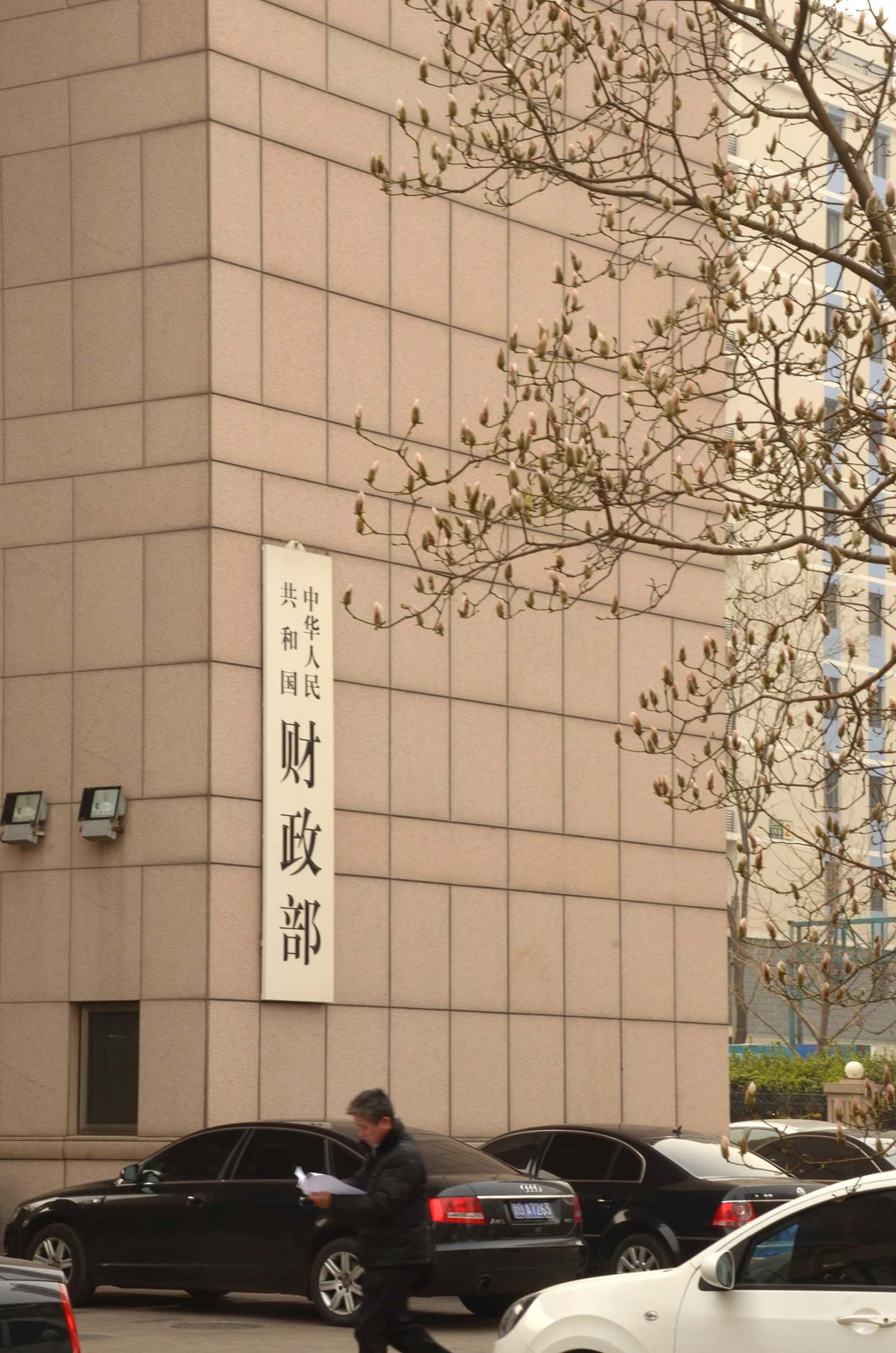
Business
17:59, 22-Sep-2017
Chinese economists slam S&P’s downgrade as 'too shallow'
By CGTN’s Ming Tian

Experts from China's financial industry have criticized Standard and Poor's (S&P) lowering China’s sovereign credit rating from AA- to A+, saying that the timing is “unexpected" and the move reflects "shallow analysis.”
S&P announced the rating cut on Thursday afternoon, and later lowered Hong Kong's long-term rating from AAA to AA-.
S&P said its rationale was that China's deleveraging process will be more gradual than expected in the next few years, and a rapid debt build up will push up financial risks.

China’s Ministry of Finance /VCG Photo
China’s Ministry of Finance /VCG Photo
In response, China's Finance Ministry said on Friday that the rating agency overlooked China's economic fundamentals and development potential in making the “wrong decision to downgrade China's credit rating”.
According to the ministry, the government can maintain appropriate credit growth while keeping public finance in good shape, while supply-side reforms and other innovations will continue to drive the economy.
Other leading voices in Chinese finance soon weighed in.
Liang Hong, chief economist at investment bank, the China International Capital Corporation, said that “some of their analysis seems to be too shallow. They are barking up the wrong tree”.
“The timing is interesting because in the past half year, we have seen a continued improvement in China’s macro data and corporate profitability. And investors and observers are surprised by positive improvements,” Liang added.
She also said that while debt levels are high, so are savings levels – they currently stand at 47 percent. China’s economy might “reflect a lot of inefficiency issues, but it is not a credit risk, particular not a sovereign risk,” according to the economist.
CITIC Securities echoed the view, as its chief fixed income analyst Ming Ming said, "China's high leverage ratio is due to the fact that the banking sector dominates the country's financing activities. Lending comes from savings accounts, not from equity investments."
Ming added that this indirect financing bias leads to a relatively high leverage ratio, which is normal worldwide.
“China's leverage to GDP ratio is 257 percent, between Japan’s 371 percent, and Germany’s 181 percent, and much lower than UK's 280 percent,” Ming explained.
The sovereign credit rating usually implies a nation's economic health. Major global financial organizations have revised up China's growth forecast this year.

Moody’s downgraded China's credit rating to A1 from Aa3 in May and changed its outlook to stable from negative. But Fitch Ratings maintained it’s A+ rating on China with a stable outlook in July, citing the strength of the country's external finances and macroeconomic record.
Fitch's expectation supported the forecast from the Organization for Economic Cooperation and Development, which said China's growth would reach 6.8 percent year on year in 2017, though it may moderate next year to 6.6 percent.
The International Monetary Fund also raised China's growth rate to 6.7 percent from 6.6 percent, predicting 6.4-percent average in the next three years. The World Bank meanwhile said China's growth would slow to 6.5 percent in 2017 and 6.3 percent in 2018.
(CGTN’s Liang Rui contributed to the story)

SITEMAP
Copyright © 2018 CGTN. Beijing ICP prepared NO.16065310-3
Copyright © 2018 CGTN. Beijing ICP prepared NO.16065310-3